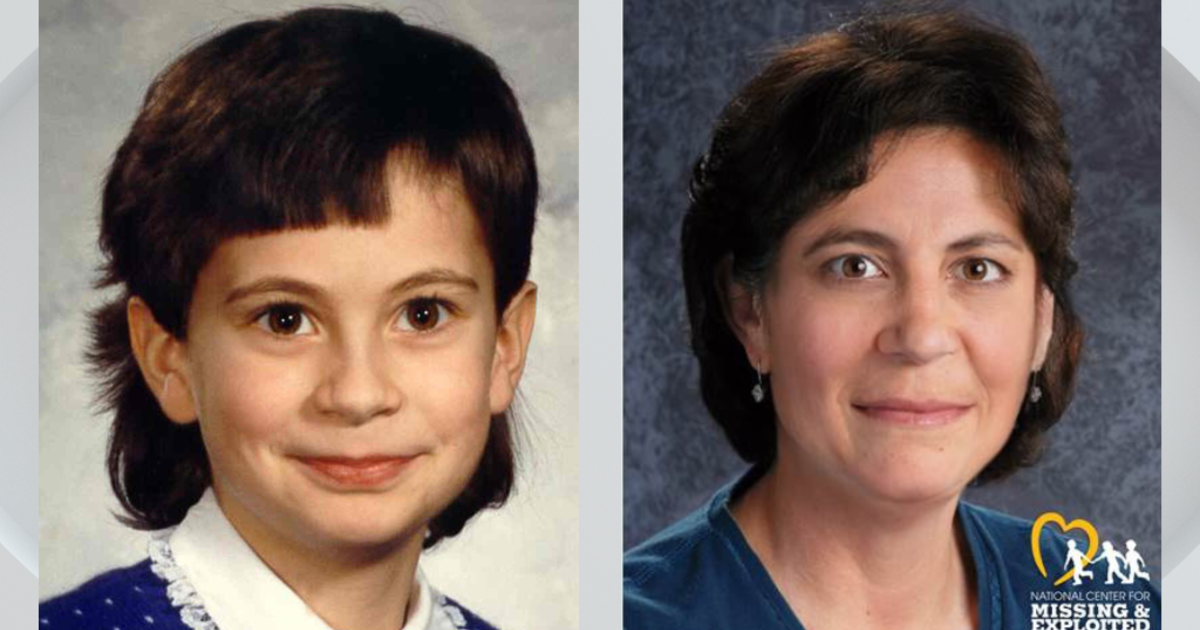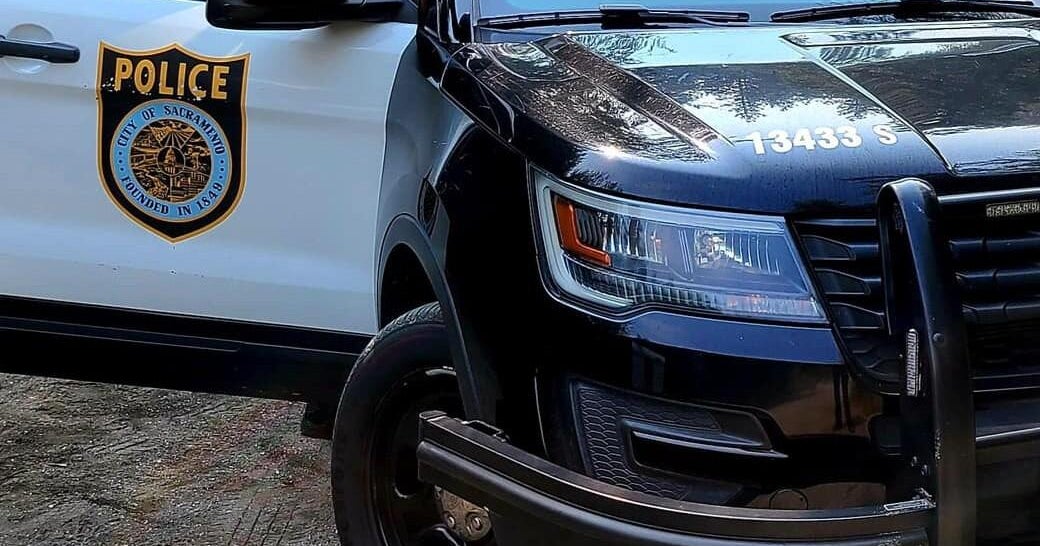Should Police Take A Backseat When Responding To Mentally Ill?
Follow CBSDFW.COM: Facebook | Twitter
DALLAS (CBS 11 NEWS) - Amy Gill is a loving wife, adoring mother, and an absolutely fantastic sister: one has to be when helping a sibling suffering through the nightmare of mental illness.
"My brother has fought schizophrenia for 30 years," says Gill. And although he takes his medication, she says there are periods when the voices in his head overpower the prescriptions. "In his eviction notice it states that he was aggressively shouting and intimidating others, but I know that it wasn't directed toward anyone. [Still] if you weren't educated and aware. You would be frightened. I don't deny that."
She also fears what could happen if, during a crisis, her brother confronts police.
"We don't want it to get to that point."
It was a scenario that just last year left Jason Harrison, a 38 year old mentally ill Dallas man, dead. Last week, a grand jury declined to indict the Dallas police officers involved in the fatal shooting. Afterwards, the officers' attorney Chris Livingston raised an interesting question when responding to media inquiries—suggesting that perhaps police should not be the first to approach mentally ill suspects.
"That's what we have the fire department for, that's what we have mental health professionals for," says Livingston. "But, when an officer is placed in that situation—especially in the situation that these officers were placed in—they are going to act according to their training and that's what they did."
Still, his comments raise an interesting question: Is there a better way?
"The fact of the matter is that there are simply not enough trained mental health professionals available to put one in every patrol car," says Janie Metzinger, Public Policy Director of Mental Health America Greater Dallas. Metzinger has spent the past decade working to shape public policy related to mental illness. She even helped craft the Dallas Police Department's training program for handling mentally ill suspects—which she calls "evidence based" and one of the best around. Still, "no training can prevent every tragedy," cautions Metzinger.
She also points out that often those calling 911 do so because they have spotted someone behaving "strangely" and the caller may not be family or someone who knows the patient's history.
Meanwhile, Texas, she says, ranks near the bottom when looking at per state spending on mental health. So any solution must include more support for those who suffer…those like Amy Gill's big brother.
"It has scared me very much from time to time, because I know then, it's not him," says Gill. I know that he's hearing voices and responding to things I can't see: I think it is the illustration of torment…just true torment."
Follow me on Twitter: @cbs11Robbie
(©2015 CBS Local Media, a division of CBS Radio Inc. All Rights Reserved. This material may not be published, broadcast, rewritten, or redistributed.)







